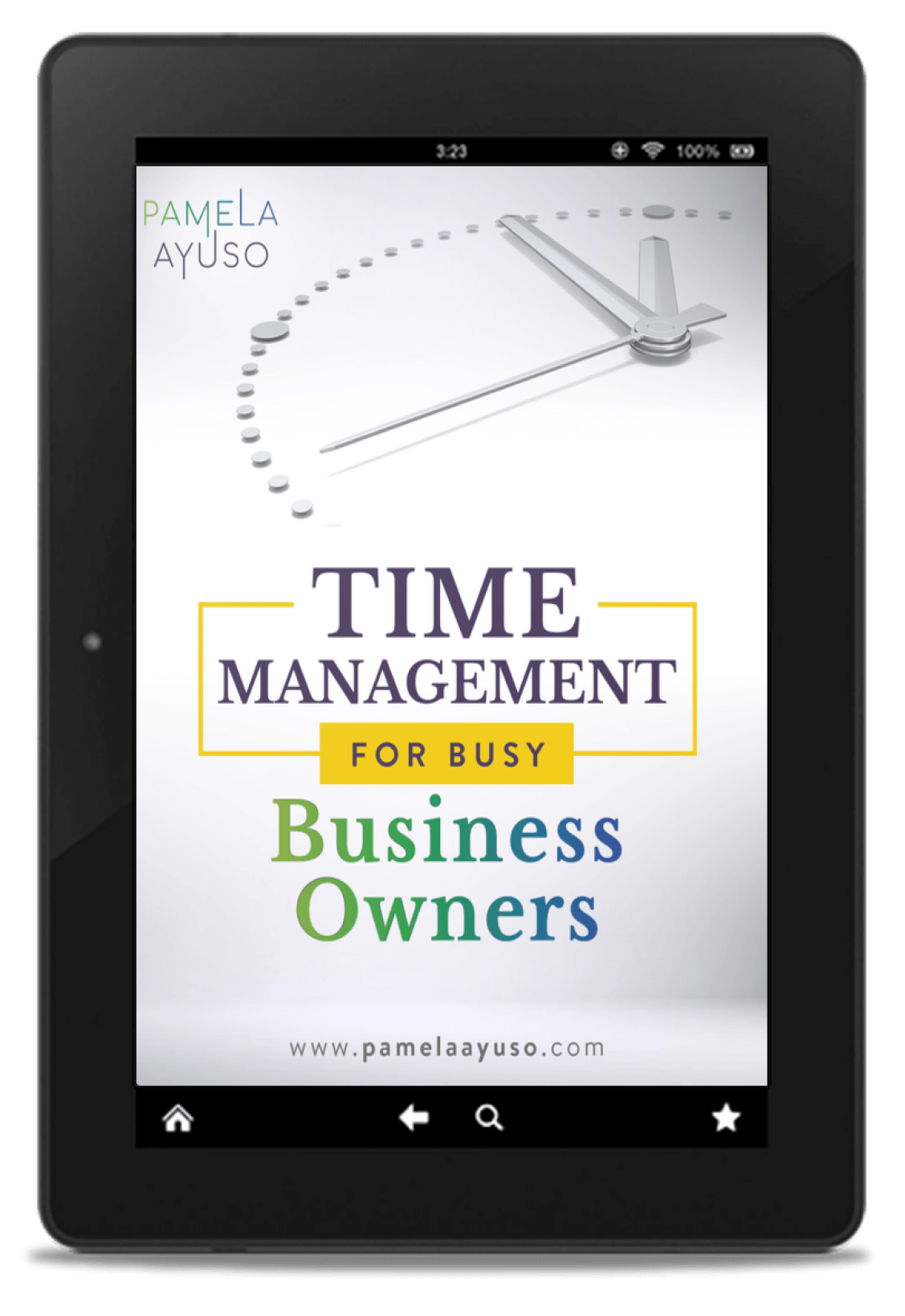Should you start that new project? The world is constantly evolving, and we are often presented with opportunities for new ventures and projects. Many of them can be quite appealing, and sometimes we jump in before thoroughly evaluating the options. Often, though, the best choice may be to say no. Our time and energy are limited, and frequently it may be most appropriate to focus on the immediate projects in front of us.
Other times, however, the opportunity is too great to miss out on, and after analyzing it carefully, you will know it is the right choice for you; you’ll then feel confident to invest time and money on it. Ask yourself these questions to assess whether this new opportunity is right for you.
![[Photo: Yuichi Kageyama/Unsplash]](https://www.pamelaayuso.com/wp-content/uploads/2021/01/yuichi-kageyama-ShWigw7yRmE-unsplash.jpg)
[Photo: Yuichi Kageyama/Unsplash]
1. Does it fit in well with your vision?
Before starting something new, get clear on what is your purpose and your vision for your career path. It also helps to make a list of your priorities. Once you have your list, see if this new project supports you on your journey and matches your priorities. This project might be a stepping stone to the larger result you are seeking. If it is aligned with your goals, then you have cleared the first hurdle. The great thing about new projects is that they will not only support you, but they will also open new doors you would have never expected.
This project, on the other hand, might not serve your larger ideal. Sometimes we take on new things because they seem like a good idea or because we cannot say no. If a project does not align with our mission, the best choice is to let it go and move on.
2. Do you have the time?
Once you determine that a new project supports your goals, it is time to assess how it fits in with your time. Time is our most precious commodity; it is the only thing we cannot make more of.
Sometimes we sign up for something new, and we do not adequately take into account how much time something will require. We tend to underestimate. I have often committed to projects without taking into account the time they will take up, and then they end up having a significant impact on my schedule. In those cases, we either must borrow time from other projects or stay up late working. The late nights may be worth it, but sometimes, you may simply not have the time.
If it is a great opportunity and you do not want to let it go, it might be worthwhile to make room for it. You might choose to temporarily move around your priorities so that you can work on it. You can also see how you can free more time for yourself by delegating or seeking the support of others on your team.
3. Do you have the resources?
A new venture will not only take time; you may also need to invest money and possibly assign people from your team to contribute to that project as well. Think about what investments you will need to make before you start. It might be hard to predict precisely what you will need because sometimes the new venture is so utterly new that we do not know what to expect. In your plan, try projecting different scenarios of what the range of your investment might be.
Sometimes we forget to do this simple analysis because we are so excited by the new opportunity, which may cause us to spend more money and resources than we expected.
4. Will it pay off?
Finally, after knowing the resources that the project requires, you can evaluate whether it will be worthwhile for you. Measuring what the return on your investment will be is essential. Make a cost-benefit analysis where you can visualize if this project will pay off relative to its cost and other projects you may already be working on.
When calculating the project’s return on investment, make sure to put a value on your time. A new project may also take away time and resources from another more profitable and promising project that you may have already started. In that case, it might make more sense to focus entirely on the more fruitful line of business.
![[Photo: Jon Tyson/Unsplash]](https://www.pamelaayuso.com/wp-content/uploads/2021/01/1_jon-tyson-hhq1Lxtuwd8-unsplash.jpg)
[Photo: Jon Tyson/Unsplash]
How you assess this payoff will depend on your circumstances but will take into account:
-
If you have extra resources: if you must reallocate resources from a much more profitable investment to the new one, this might hinder your ability to keep growing your original line of business to reach its potential. If, on the other hand, you have time and money available to invest in the new project, then it will be worthwhile.
-
Future payout: If the potential for growth for your new venture is high, then the initial diversion of resources might be worth it. If, however, the potential payout is small, then it might not make sense.
-
Ancillary benefits: What other advantages do you get from the investment? You might get further gains from the new project, such as brand recognition or new and more profitable opportunities, which might be enough of a reason to invest.
Once you have cleared all these questions, you can make a more grounded decision and start your new project. Best of luck!



